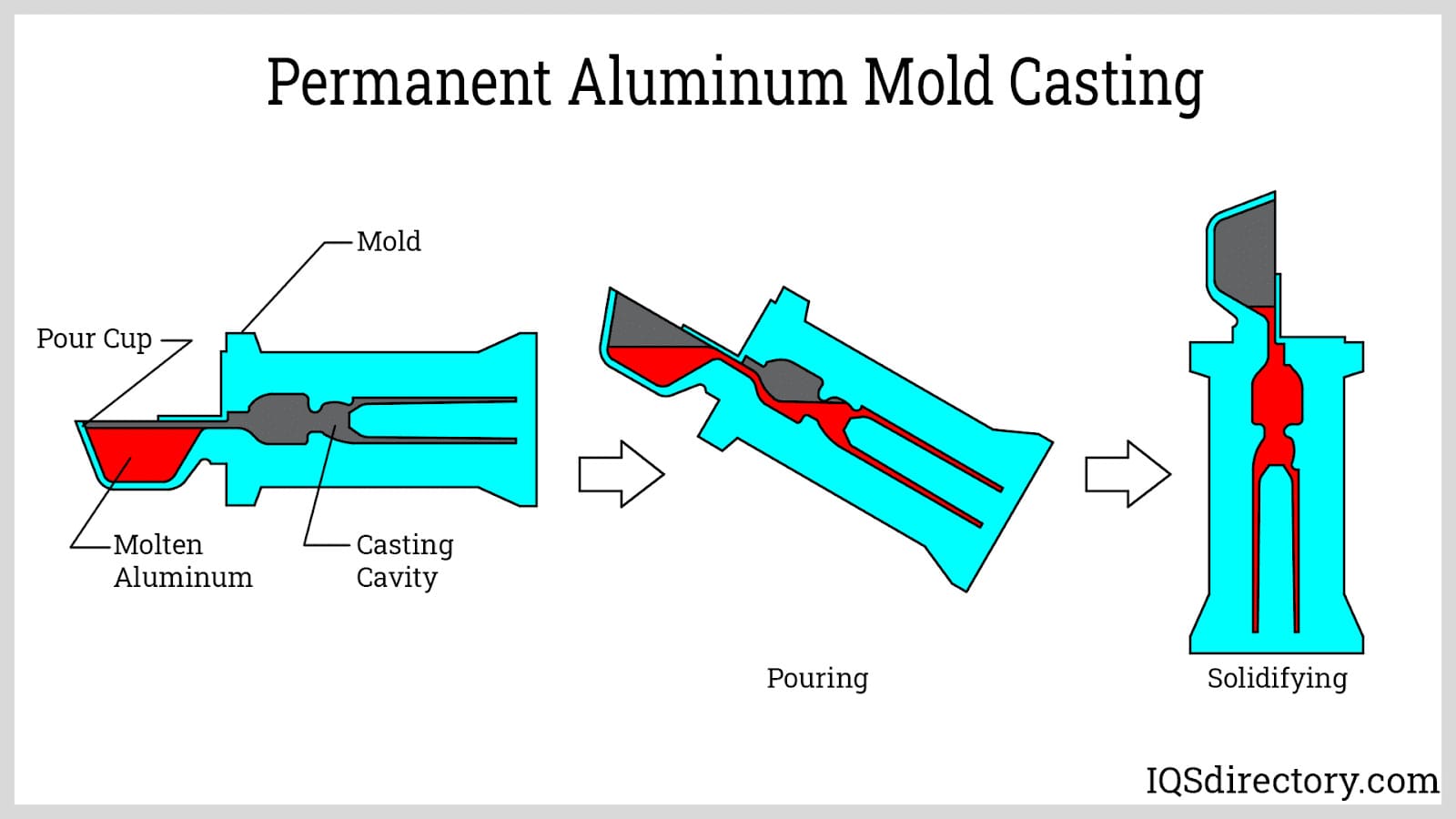How Stahl Specialty Company can Save You Time, Stress, and Money.
How Stahl Specialty Company can Save You Time, Stress, and Money.
Blog Article
More About Stahl Specialty Company
Table of ContentsThe Greatest Guide To Stahl Specialty CompanyFascination About Stahl Specialty CompanyFascination About Stahl Specialty CompanyWhat Does Stahl Specialty Company Do?Excitement About Stahl Specialty Company
The refined distinction exists in the chemical web content. Chemical Contrast of Cast Light weight aluminum Alloys Silicon promotes castability by reducing the alloy's melting temperature level and improving fluidity throughout spreading. It plays a critical duty in enabling elaborate mold and mildews to be filled up precisely. In addition, silicon adds to the alloy's stamina and put on resistance, making it valuable in applications where durability is critical, such as vehicle parts and engine parts.It also enhances the machinability of the alloy, making it easier to process right into finished items. In this way, iron contributes to the general workability of light weight aluminum alloys.
Manganese contributes to the stamina of light weight aluminum alloys and boosts workability. It is generally used in wrought aluminum items like sheets, extrusions, and profiles. The existence of manganese aids in the alloy's formability and resistance to breaking throughout fabrication processes. Magnesium is a lightweight element that offers toughness and effect resistance to light weight aluminum alloys.
It permits the manufacturing of lightweight elements with excellent mechanical homes. Zinc enhances the castability of light weight aluminum alloys and helps regulate the solidification procedure during casting. It improves the alloy's strength and solidity. It is typically located in applications where intricate shapes and fine details are needed, such as ornamental castings and particular auto parts.
A Biased View of Stahl Specialty Company
Due to the fact that aluminum-silicon alloys have excellent spreading homes, high gas buildings, simple processes, and superb rust resistance, aluminum-silicon alloys are most generally made use of in the die-casting market at home and abroad. At the exact same time, aluminum-silicon alloys are also fairly very early and extensively identified alloys developed and utilized in die-casting. After continuous research study and renovation, most of the existing global mainstream aluminum-silicon alloys have been settled and are absolutely nothing even more than A356, A360, A380, ADC12, B390, and A413.
The primary thermal conductivity, tensile stamina, return toughness, and prolongation vary. Among the above alloys, A356 has the greatest thermal conductivity, and A380 and ADC12 have the most affordable.

All about Stahl Specialty Company
In precision spreading, 6063 is well-suited for applications where intricate geometries and top quality surface coatings are paramount. Instances include telecommunication rooms, where the alloy's superior formability enables sleek and cosmetically pleasing styles while keeping architectural stability. Likewise, in the Illumination Solutions sector, precision-cast 6063 elements produce classy and efficient lighting fixtures that call for complex forms and excellent thermal performance.
(https://pubhtml5.com/homepage/brssa/)
The A360 shows remarkable prolongation, making it optimal for complicated and thin-walled elements. In accuracy spreading applications, A360 is well-suited for industries such as Customer Electronics, Telecommunication, and Power Tools.

In accuracy spreading, light weight aluminum 413 beams in the Customer Electronic Devices and Power Devices sectors. It's generally utilized to craft intricate elements like smart device housings, video camera bodies, and power device casings. Its accuracy is exceptional, with tight resistances as much as 0.01 mm, ensuring flawless item assembly. This alloy's exceptional corrosion resistance makes it a superb selection for outdoor applications, making certain long-lasting, resilient products in the discussed markets.
A Biased View of Stahl Specialty Company
The aluminum alloy you pick will considerably impact both the casting procedure and the residential properties of the final product. Due to the fact that of this, you should make your decision very carefully and take an educated approach.
Figuring out the most ideal aluminum alloy for your application will suggest evaluating a wide selection of attributes. The first classification addresses alloy attributes that affect the my latest blog post production procedure.
The alloy you pick for die casting directly influences several elements of the casting process, like just how easy the alloy is to collaborate with and if it is prone to casting problems. Warm fracturing, additionally recognized as solidification cracking, is a regular die spreading issue for light weight aluminum alloys that can cause internal or surface-level tears or splits.
Examine This Report about Stahl Specialty Company
Certain light weight aluminum alloys are extra at risk to warm cracking than others, and your option needs to consider this. One more typical defect discovered in the die spreading of aluminum is die soldering, which is when the cast stays with the die wall surfaces and makes ejection hard. It can harm both the actors and the die, so you need to look for alloys with high anti-soldering properties.
Rust resistance, which is already a noteworthy attribute of aluminum, can differ significantly from alloy to alloy and is a vital characteristic to think about depending on the environmental conditions your item will certainly be exposed to. Use resistance is an additional residential or commercial property commonly looked for in light weight aluminum items and can separate some alloys.
Report this page